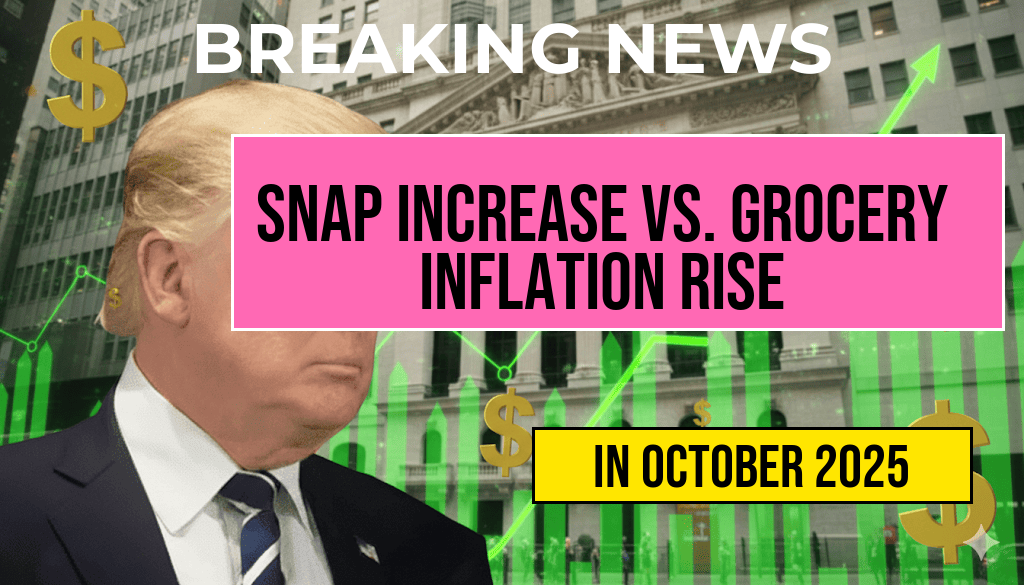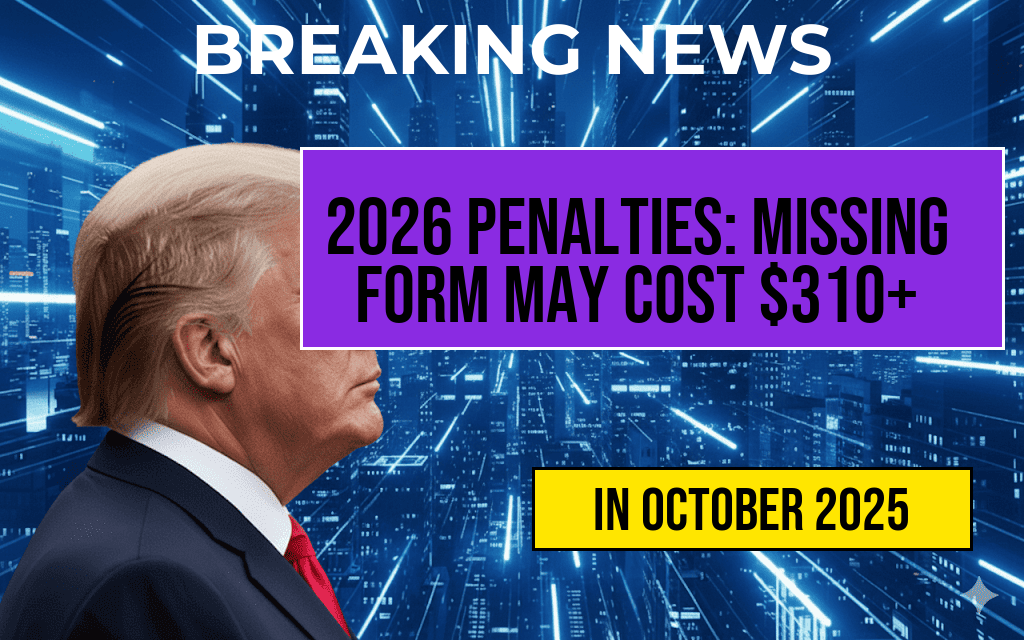The recent decision by the District of Columbia to implement pay raises for police officers has sparked extensive discussions regarding its implications on officer salaries and the city’s budget. These pay increases aim to address long-standing issues related to recruitment and retention within the Metropolitan Police Department (MPD). As the city grapples with rising crime rates and public safety concerns, the financial implications of these raises are significant, affecting not only the officers but also taxpayers and city resources. The new pay structure is projected to enhance officer morale, yet it brings forth critical questions about budget sustainability and fiscal responsibility in a time of economic uncertainty.
Details of the Pay Raise
The pay raise, approved earlier this month, is designed to increase the base salary for MPD officers by 10% over the next two fiscal years. This increment is part of a broader strategy to ensure the compensation for law enforcement personnel remains competitive with surrounding jurisdictions. With the starting salary for a new recruit now exceeding $60,000 annually, the city hopes to attract qualified candidates amidst a national shortage of police personnel.
Comparative Salary Analysis
| City | Starting Salary | Average Salary After 5 Years |
|---|---|---|
| Washington, D.C. | $60,000 | $80,000 |
| New York City | $42,000 | $85,000 |
| Los Angeles | $63,000 | $83,000 |
| Chicago | $51,000 | $78,000 |
Budgetary Implications
While the pay raise for police officers has been widely supported by law enforcement advocacy groups, budget analysts warn that these increases could substantially impact the city’s financial health. The total cost of the salary hikes is estimated to reach $20 million annually. This figure accounts not only for salaries but also for associated benefits, including health insurance and pension contributions.
- Increased payroll expenses: The city must find funding without significantly affecting other essential services.
- Potential tax implications: Residents may face increased taxes or decreased public services to accommodate rising police costs.
- Impact on city’s reserves: The budget allocation for public safety could lead to a depletion of the city’s emergency funds.
Community Response and Public Safety Concerns
The community’s response to the pay increases has been mixed. While many residents recognize the necessity of adequately compensating police officers, there are concerns about the allocation of funds. Critics argue that the city should prioritize social programs and community policing initiatives over salary raises, especially in a time of rising violence and community unrest.
Moreover, local leaders emphasize the importance of transparency and accountability in how these funds will be managed. They argue that increased salaries must be coupled with enhanced training programs and community engagement to effectively address the root causes of crime.
Future Considerations
As Washington, D.C., moves forward with its pay raise initiative, officials are tasked with closely monitoring the effects on both officer retention rates and city budgets. The long-term sustainability of these raises will depend on a balanced approach that considers both the financial implications and the need for community trust in law enforcement.
Looking ahead, city leaders may need to explore alternative funding sources, such as federal grants or partnerships with private organizations, to mitigate the financial burden on taxpayers. Engaging the public in discussions about budget priorities could also help align funding with community needs, ensuring that public safety remains a shared responsibility.
For more information on police pay structures and budgeting in U.S. cities, visit Wikipedia and Forbes.
Frequently Asked Questions
What are the recent changes in DC Police pay raises?
The recent changes in DC Police pay raises include an increase in salaries aimed at attracting and retaining qualified officers. These adjustments are part of a broader initiative to ensure competitive compensation in the law enforcement sector.
How will the pay raises affect officer retention?
The pay raises are expected to positively impact officer retention by providing more competitive salaries, which can lead to higher job satisfaction and lower turnover rates among police officers in Washington, D.C.
What is the anticipated effect on the city’s budget due to these pay increases?
The anticipated effect on the city’s budget includes increased expenditures to accommodate the higher salaries. City officials will need to evaluate how these changes fit into the overall financial plan and ensure that they do not adversely affect other public services.
Are there any concerns regarding the sustainability of these pay raises?
Yes, there are concerns regarding the sustainability of these pay raises. Experts warn that without careful financial planning, the increased costs could strain the city’s budget in the long term, potentially leading to cuts in other essential services.
What role do community safety and public perception play in the discussion of police salaries?
Community safety and public perception play a crucial role in the discussion of police salaries, as a well-compensated police force is often viewed as essential for effective law enforcement and community trust. Balancing fair pay with responsible budgeting is key to maintaining public confidence.








